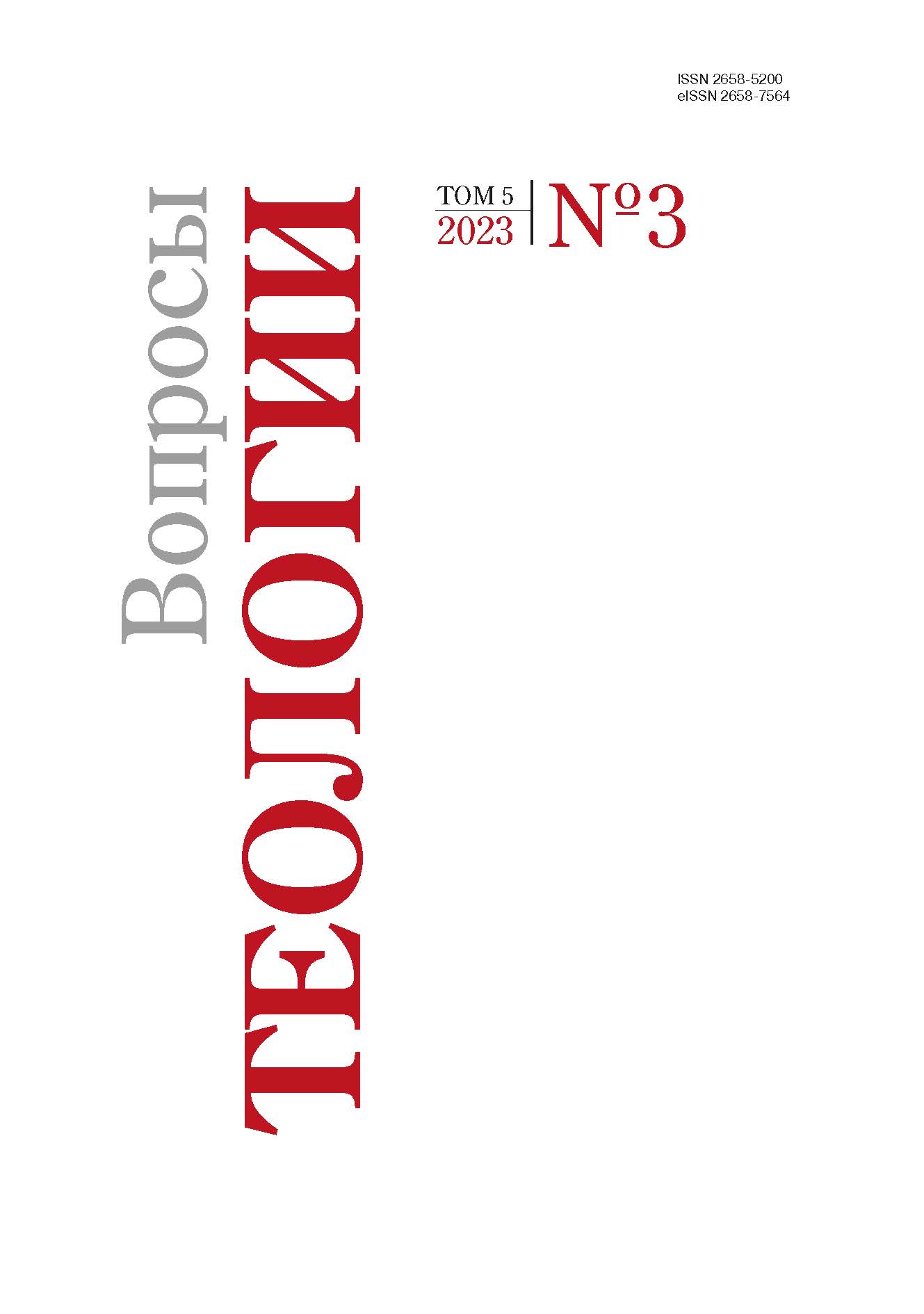Christian paradoxology
DOI:
https://doi.org/10.21638/spbu28.2023.310Abstract
The subject of the review is a work on paradoxes in Theology. The focus of the reviewed book is on the Triadological and Christological dogmas. The first part of the book establishes the paradoxical nature of these dogmatic formulations due to the discovery of a logical contradiction in them. The reviewer draws attention to the patristic texts used here by the Protestant author. Attention is also drawn to the conclusion of a historical and theological nature, which shows that from the first to the twentieth century, no author offered an Orthodox explanation of the dogma of the St. Trinity, which would be free from contradictions. The same choice between logic and dogmatics, according to the monograph, accompanies Christology. In the second part of the book, the author offers his own model for resolving theological paradoxes, which he called the RAPT-model (rational affirmation of paradoxical theology), which causes the reviewer’s critical attitude. The review concludes that the author failed to maintain a position that simultaneously satisfies both dogmatic fidelity and logical consistency. At the same time, D. Anderson, developing his own analytical approach, according to the reviewer, evades orthodoxy.
Keywords:
dogma, theological paradox, paraconsistent logic, rationality, analytical philosophy, theological antinomy
Downloads
References
References
Downloads
Published
Issue
Section
License
Articles of "Issues of Theology" are open access distributed under the terms of the License Agreement with Saint Petersburg State University, which permits to the authors unrestricted distribution and self-archiving free of charge.




